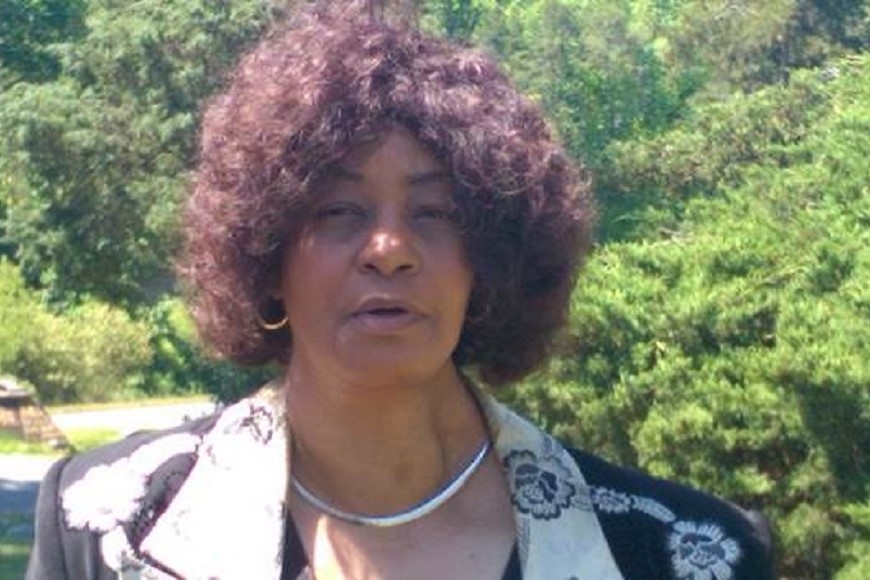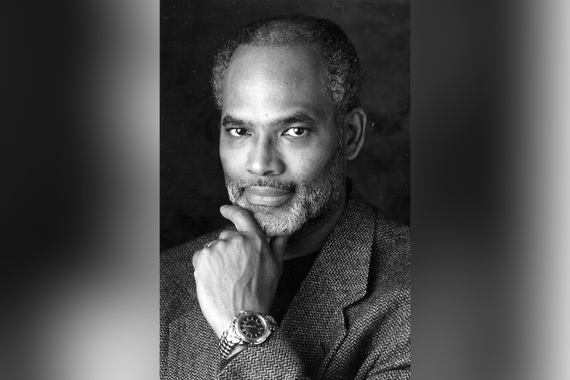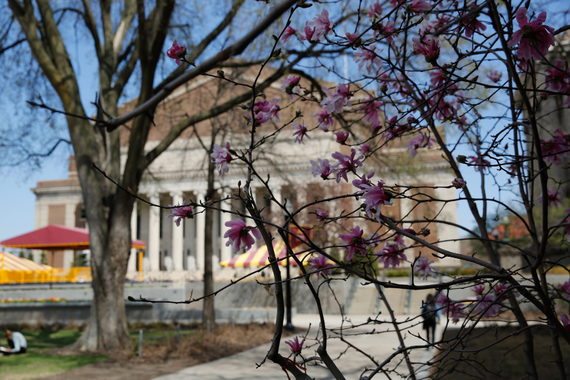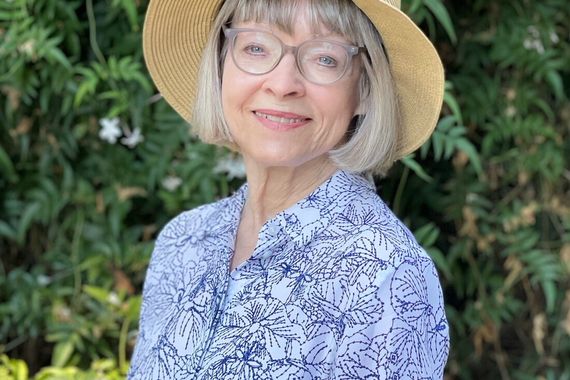Karen J. Reed: Receptivity to Experience
Growing up in a small town in the South, Karen J. Reed (BA ‘90, music) did not anticipate coming to the University of Minnesota, Twin Cities, which at the time enrolled over 40,000 students. Despite the initial shock about the weather, Reed found her place at UMN and set herself up for success.
A recipient of a 2021 College of Liberal Arts (CLA) Alumni of Notable Achievement Award, Reed is the first Black American woman to be a program director at the Department of State Hospitals - Atascadero in California.
“For me to become a program director here, and be a model for other minorities [to show them] that they can achieve a higher position—that to me is a highlight of my career,” says Reed.
In addition to her work in this role, Reed has been recognized for her accomplishments in music therapy for offenders with mental health disorders, including the Betty Isern Howery Award granted by the Western Region American Music Therapy Association, and many others. One of Reed’s goals has been to incorporate the use of gospel music into music therapy treatment and toward that end, started the Gospel Choir at Atascadero in 1991. The program is still running strong.
Reed now attributes her undergraduate years at UMN for preparing her for the world in which she ended up. “I think the diversity prepared me for my role in the professional field because a lot of times being a minority—it’s not always equitable. I learned how to have professional standards and excel,” she says.
The greatest impact and inspiration came from her CLA educators. “I had a professor, Dr. Reginald Buckner, who told me that I could do anything,” says Reed. “I’ve kept that all my life. It doesn’t matter what the challenge is, I can handle it.”
Reed is passing on that kind of encouragement to the people with whom she works today and strives to inspire upward mobility in her team.
Reed encourages today's CLA students to “be receptive to the positive influence that your educators provide, and be receptive to the experience.”



